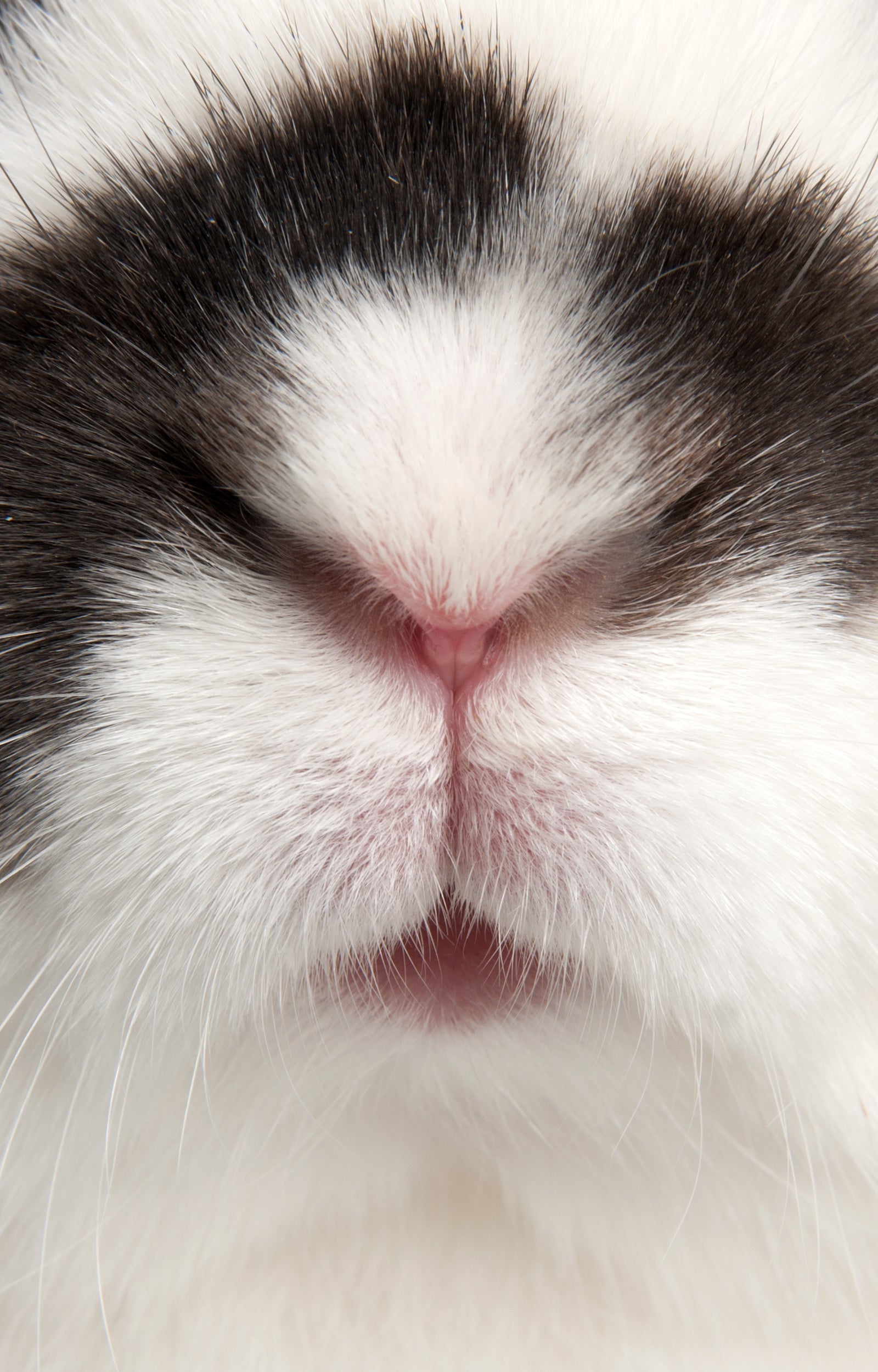


Their ability to scent will help them more than any other in this task.Ĭonsidering the above, it becomes clear why a rabbit’s ability to heighten its sense of smell is invaluable. If they encounter fresh ground, they will want to take a look around with a view to making it their own. As rabbits seem shy to us, it might come as a surprise that they are very territorial and also inquisitive.So smell is the first sensation to help guide their senses in finding their mother and feeding. Rabbit kittens will not be able to see until they are ten days old.Plus, rabbits are farsighted, which explains why scent and hearing are more important for threats that are close by, as rabbits are unlikely to become visually aware of them prior to their nose or ears alerting them to danger. While a rabbit’s eyesight is not poor, it does have limits such as not being able to pick up on objects that are not moving.Once they hear something, they will sniff the air to analyze whether danger lurks nearby. A rabbit’s hearing is very good, which explains why a loud noise can scare them so easily.The following are crucial examples of why scent is so vital: While their sight and hearing are good, smell allows them to interpret their environment more extensively. This might seem unusual to us, as we depend on sight and hearing for so many things, but rabbits have evolved differently. Enhancing Scenting AbilityĪs already mentioned, smell is crucial to rabbits and perhaps an even more important sense than either sight or hearing. So, considering these factors, a perfectly healthy rabbit may have a moist nose if it is trying to avoid overheating. If you can keep its living area below 80 degrees Fahrenheit, then your rabbit shouldn’t struggle with any symptoms of overheating. It should be clear why maintaining a suitable environment for your pet rabbit is crucial, especially when it comes to temperature. Tossing back its head at the same time as breathing rapidly with an open mouth.Indications of a rabbit struggling in the heat are: The majority of domestic areas do regularly move above this temperature, so be aware of whether your rabbit is struggling. This optimal temperature can be compromised if the surroundings reach above 80 degrees Fahrenheit. Typically, a healthy rabbit’s temperature will be between 65 and 72 degrees Fahrenheit. This, in turn, can lead to serious negative consequences. Rabbits are no different and are particularly sensitive to conditions that cause overheating. Maintaining a safe body temperature is vital throughout the animal kingdom. Spotting the difference could be vital in making an early intervention into your rabbit’s condition. With this in mind, therefore, being able to tell whether a nose is runny or excessively moist can be crucial.

In particular, rabbits are prone to developing respiratory conditions. This is not to say that a wet nose is positive in all circumstances, as some early disease symptoms are indicated by a runny nose. Consequently, it can be a real advantage for your rabbit to have a moist nose. This might surprise some, but rabbits do have an excellent scenting ability and use this instinct to judge their environments. Indeed, this offers your pet a double benefit as it also heightens a rabbit’s sense of smell. Rabbits will also make the most of any water lying around when they are overheating, which they will dip their noses into. Dog owners might be familiar with this habit, although rabbit owners will not see their pet panting like a dog does. For example, if they are feeling too hot, they will moisten their own noses with their tongue as a defense. Rabbits will regularly have wet noses, and many circumstances can cause this. Related Articles: Possible Reasons for a Wet Nose


 0 kommentar(er)
0 kommentar(er)
